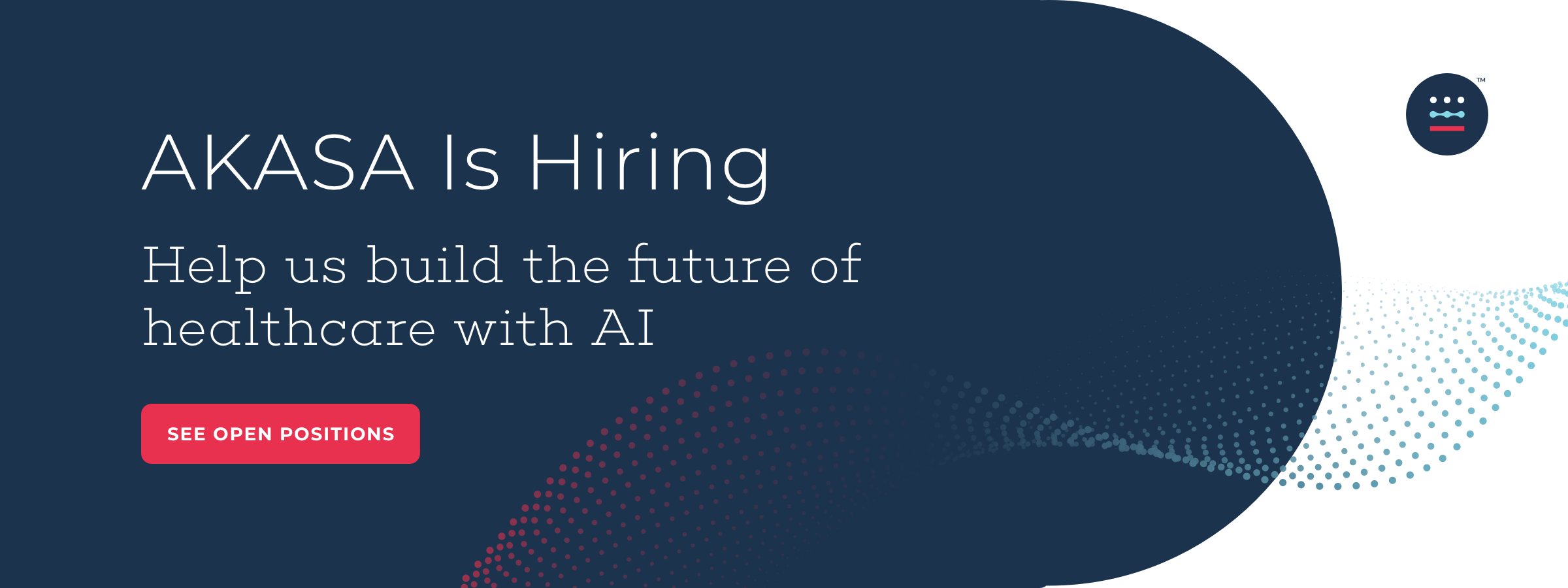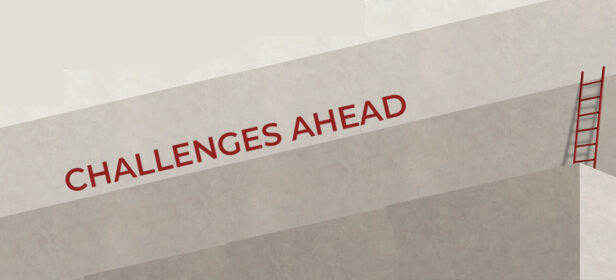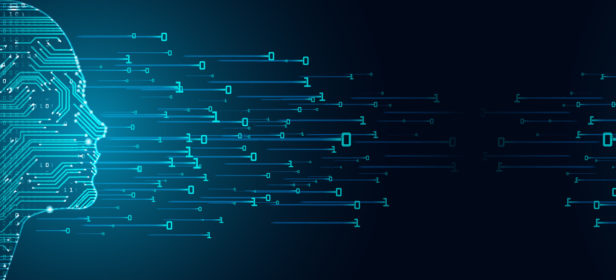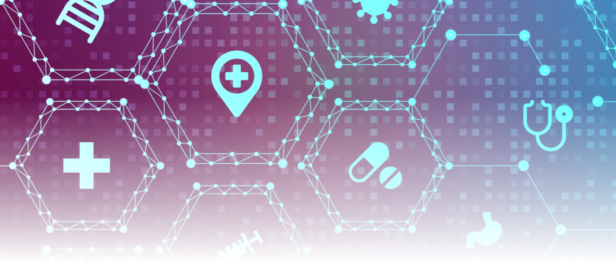The Gist
At AKASA, our engineering team is always on the lookout for great talent and those with insatiable curiosity. Our engineers are building leading-edge automation to improve healthcare operations. Curious about joining our growing team of engineers? Read on to learn about what it is we’re looking for, and to see if you just might be the right fit.
Engineering is critical to what we do at AKASA. Without it, we’d have grand ideas on automating and improving healthcare operations, but no way to make any of it a reality.
Unfortunately, there’s a mythos around engineering that keeps many people from pursuing it as a viable career, even if they have arguably the most important quality of any successful engineer: curiosity.
Virtually anyone can learn to be an engineer, given enough time and dedication. But the great engineers are those with a curious nature. The ones who aren’t solely asking, “how can I solve this problem?” but more critically, “is this the right problem to solve?”
At AKASA, we’re looking for curious and brave engineers. Those ready to ask questions, take risks, and find solutions in a complicated space.
This is all great on paper, but what does it look like in action?
We have three different engineering teams here at AKASA that all work closely together:
- The machine learning team productizes R&D to learn complex tasks from human experts
- The core platform team builds the platform that can be used to automate any task on a computer
- The deployment team delivers full-service automation solutions for our clients
Here are a few of the qualities we look for when we’re hiring engineering talent for these different teams.
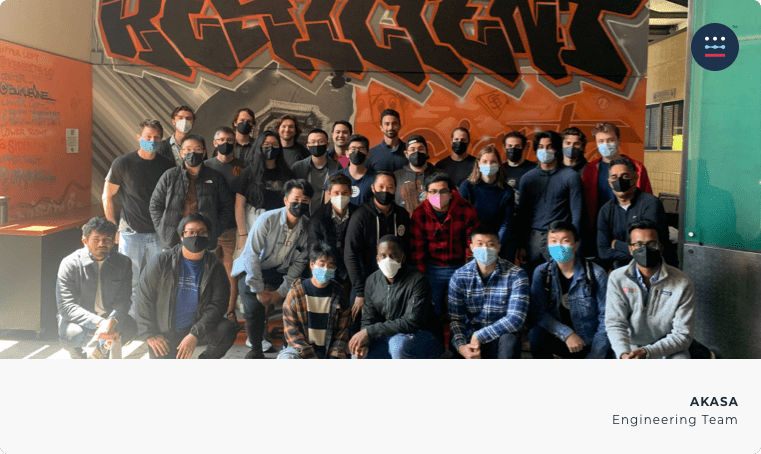
A Strong Foundation of Traditional Programming
A primary selling point of AKASA’s products is our artificial intelligence (AI) and machine learning (ML) expertise. While this technology is our bread and butter, a lot of our problem-solving requires a strong foundation in traditional programming as well.
One thing we look for in all our engineering hires, whether they’re on the core platform or ML team, is to have strong engineering skills in fundamental areas — programming languages like Python, related areas like SQL and Docker, and basic networking knowledge. This is crucial for team members to be able to work on the full lifecycle of projects end-to-end and ship working systems.
Oftentimes, when our technology encounters new challenges, foundational coding is an important part of the debugging process. You can engineer a race car, but if you’re racing it, you still need to have general mechanical skills in the event it breaks down.
Our business is growing so rapidly, and with that growth comes new technical challenges. We have customers who trust us with complex workflows. We have more hospitals across the country, meaning we have to scale more. If you want to work on difficult, technical problems, and you want to help build technology and work on a broader scope than you would at a larger company, you should work here.
~ Sanjay Siddhanti, Director of Engineering at AKASA
The Courage to Work Alone, the Ability to Work as a Team
One of AKASA’s values is, “Play the team.” There’s a good reason for this.
At AKASA, you’ll have a lot of heads-down time to focus your work on individual projects. Like any engineering team, a lot of our work consists of solo or pair coding sessions where we’re putting theory into practice.
You also need to be able to partner with others and tackle problems together. We’re working on a lot of complicated problems in a field that’s known for being especially confusing and pernicious. It’s very likely that you won’t have full subject-matter expertise on every project, so you have to be able to collaborate with others and successfully row the boat in the right direction.
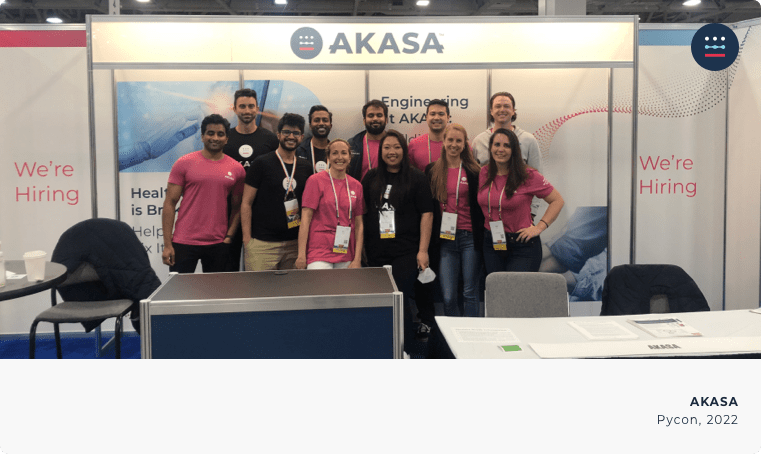
As part of playing the team, it’s also important that you work well with end-users.
When our ML runs into an issue, the last thing we want is for a healthcare organization to be stuck waiting for things to function correctly again. To prevent this, we intentionally architect our systems to incorporate experts-in-the-loop (our internal RCO team with deep revenue cycle knowledge), allowing them to jump in and seamlessly do the work that our models failed to execute, giving us valuable training data in the process. This design ensures that automation across all of our customers is functioning properly, and experiences as little disruption as possible — even when there are unexpected system errors.
Perhaps more importantly, we also set up lots of monitoring systems to avoid these outages in the first place, and launch every new ML model in “shadow mode” first (inspired by our chief technology officer and co-founder, Varun Ganapathi’s, previous work on self-driving cars).
Strong communication skills are also a must, as our engineers frequently work with colleagues, across teams, and with end-users. When troubleshooting an issue, quickly and effectively communicating the problem and solution makes life easier for all parties involved.
Finally, we hold quarterly virtual hackathons, which are a great way for us to work as a team, build camaraderie, and brainstorm. The creative outcomes from these hackathons frequently make their way into production as well.
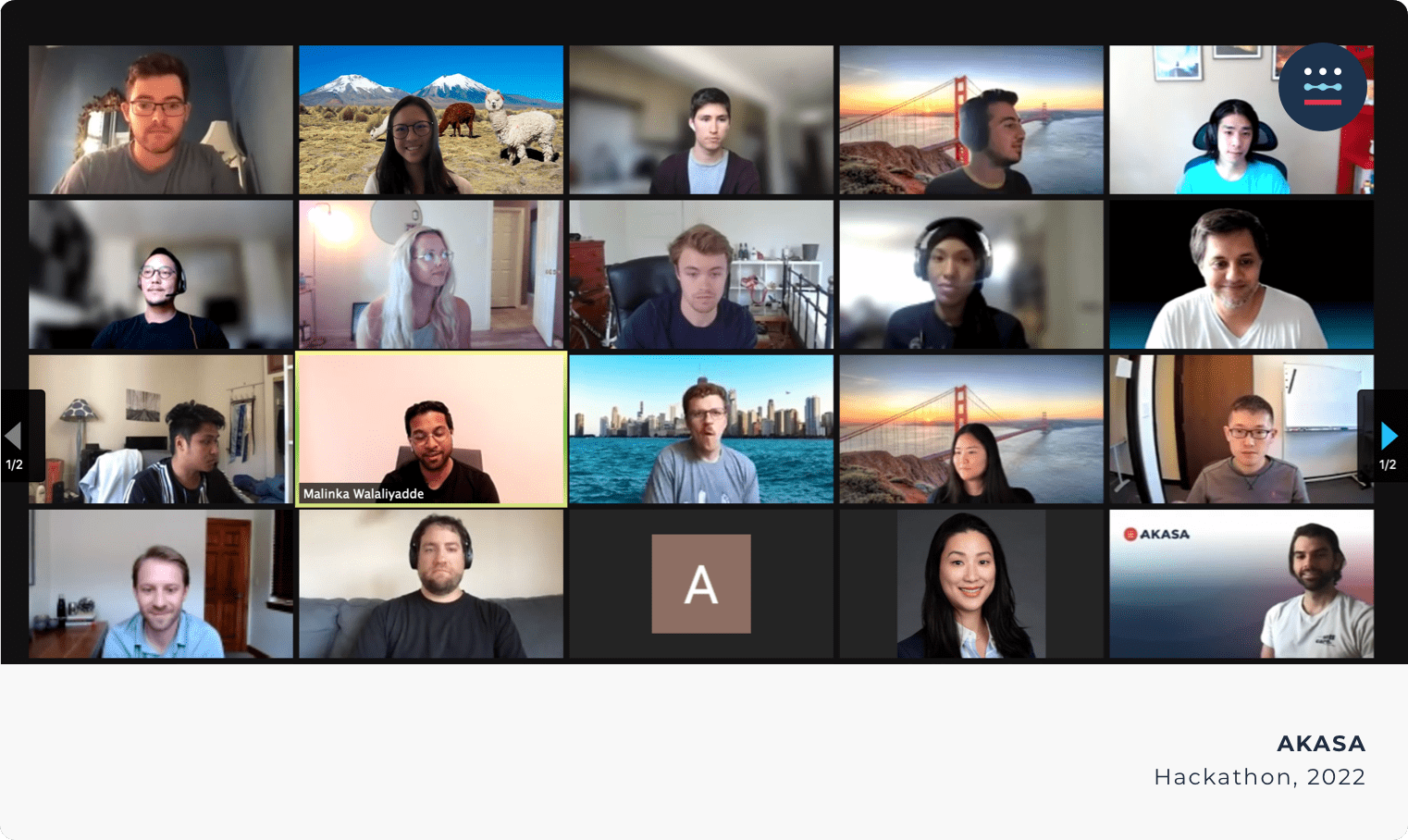
Comfortability Working in Systems You Didn’t Design
Greenfield development — where you design your own system and work without pre-existing constraints — is always a lot of fun. You get to pick every technology, and there’s no technical debt. However, the hospitals we serve don’t care about what technologies we use – they only care that we are automating expensive manual tasks.
Everything we build is to serve our customers. Because of this, it’s vital that every engineer at AKASA can work well within pre-existing systems, even though you will still have opportunities to build from scratch in certain circumstances.
This also goes back into playing the team. Part of working within existing frameworks is knowing how to work with the people that designed those systems in the first place.
AI and Machine Learning Experience
For those interested in joining the ML team at AKASA, let’s discuss the specific experience you need.
Machine learning isn’t necessarily in its infancy, but its current capabilities are beyond anything imaginable even a few years ago. As a result, it’s uncommon to find anyone with “extensive” ML experience who also has all of the other engineering skills that we need to have a successful team. However, some AI and ML experience is better than none, and it’s a huge boon to engineering success at AKASA.
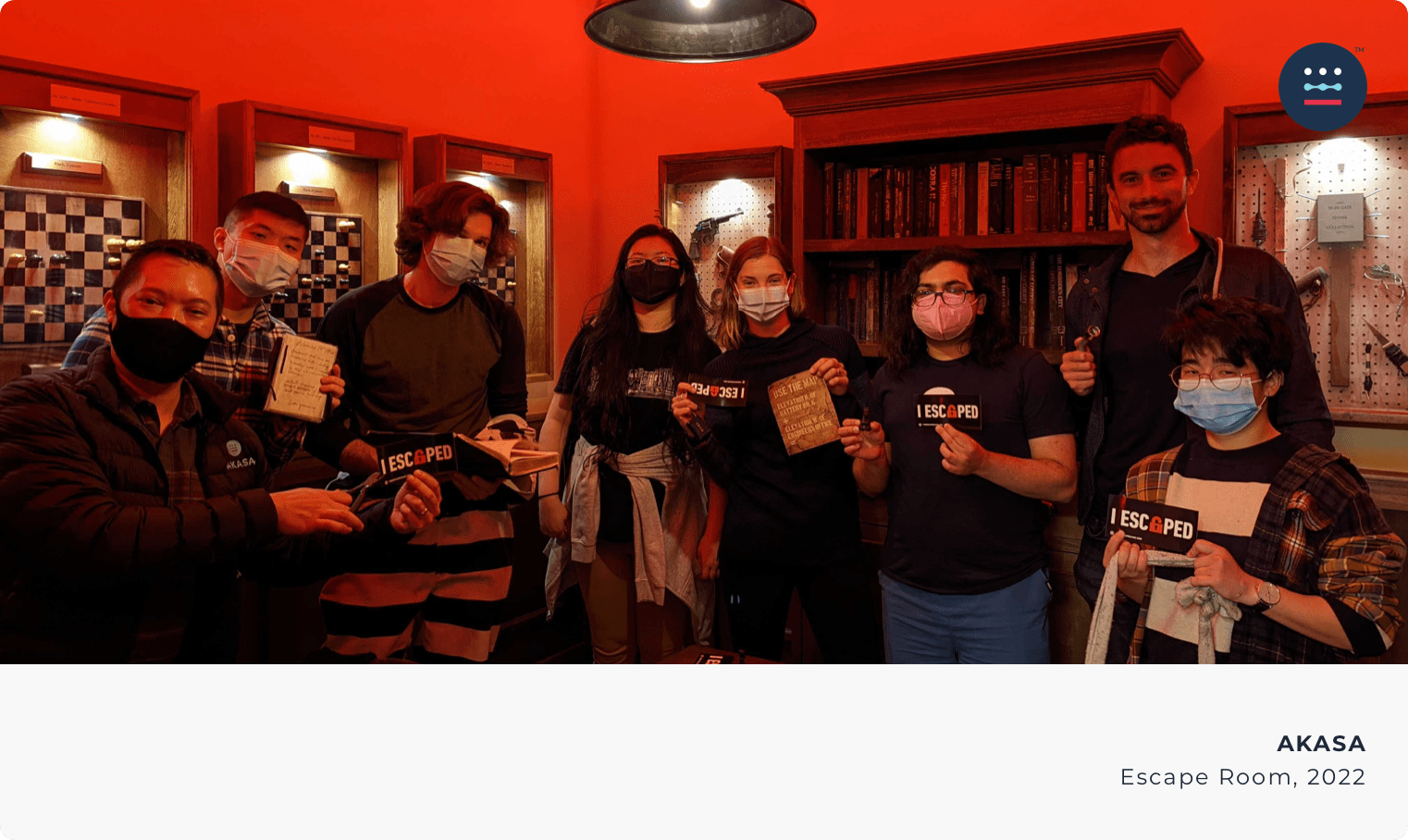
For entry-level engineers, there aren’t many options to major in AI or ML in undergrad outside of certain schools. So to gain experience in the field, engineers must usually work on ML projects outside of work. This can be feasible or extremely challenging, depending on each individual engineer’s personal life, obligations, and other circumstances.
At AKASA, we offer software engineers on other teams the ability to work on ML-related projects if they’re interested in doing so, which helps build the expertise we need with hands-on industry mentorship.
There is really no better time to get into ML and hone these skills — there’s an extensive amount of free resources people can access to read about new approaches and run experiments in their own free time. (And if you do this, be sure to put it on your resume when you apply!)
Check out this TechCrunch talk by our chief technology officer on how machine learning and human-in-the-loop approaches are expanding automation capabilities.
Engineers Who Want to Change the World
What do all AKASA engineers have in common? They joined this company because they believe in our mission: building the future of healthcare with AI.
Medical bills are the number one cause of bankruptcy in the United States. At AKASA we’re helping fix that, with real-world impact. We’re improving the administrative and financial operations of a very broken healthcare system, and we’re using the latest technology to do it.
According to a recent report by Hired, public health and healthcare are the top areas of interest for engineers. And the number one motivator? New challenges.
There are few things more challenging than fixing healthcare in the United States, and that’s our primary goal at AKASA. We hire people willing to take that on head-first, looking to effect real change. We hire those who want to see their code running in hundreds of healthcare systems across the country, reducing costs and improving the quality of healthcare.
We’re in a domain where we’re working on tough problems. What we’re trying to do isn’t easy. But at the end of the day, we’re going to help a lot of people and move an industry that’s been really resistant to change.
~ Armaghan Behlum, Senior Software Engineer at AKASA
Becoming an AKASA Engineer
At AKASA, we’re always on the lookout for engineers with a drive to have deep impact and build something that will truly improve healthcare. If you’re interested in working on projects that are featured in peer-reviewed publications and want to help our client base (which represents about 500 hospitals and 10,000 outpatient clinics across the United States), check our available engineering postings and apply today.
If you’re unfamiliar with engineering but have a curious nature and a desire to learn, check out the original Python videos on Khan Academy (beginner), Peter Norvig’s course on Udacity (medium), and CS 231n (advanced) for phenomenal free resources. Though it requires having some degree of free time which not everyone is fortunate to have, we live in an incredible age where you can learn from the world’s best and launch a career in this space for free.
And, who knows, one day you could help us make the world of healthcare operations better for everyone involved.

Sean Adler is a machine learning engineering manager at AKASA. He has more than a decade of experience working at startups, ranging from clinical genomics to hardware manufacturing. Prior to AKASA, Adler was an ML engineering manager at ASAPP, responsible for high-traffic NLP classification models and language models. He has a degree in computer science and economics from Claremont McKenna College.


